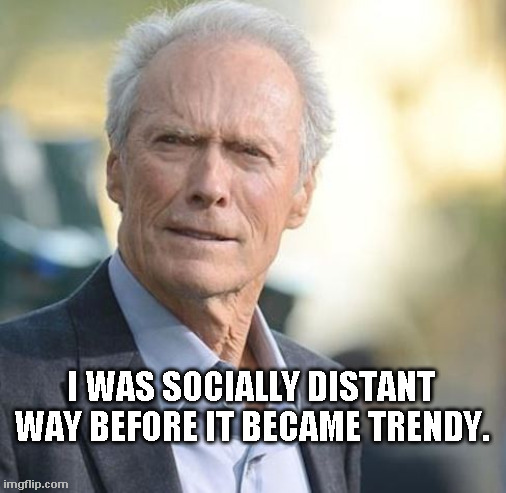
High scores turned out to predict greater life satisfaction, relationship quality, and, crucially, reduced anxiety and rumination – all the qualities that seem to be absent in classically smart people. As the volunteers talked, a panel of psychologists judged their reasoning and weakness to bias: whether it was a rounded argument, whether the candidates were ready to admit the limits of their knowledge – their “intellectual humility” – and whether they were ignoring important details that didn’t fit their theory. In one experiment, Grossmann presented his volunteers with different social dilemmas – ranging from what to do about the war in Crimea to heartfelt crises disclosed to Dear Abby, the Washington Post’s agony aunt. “But if you look at the lay definition of wisdom, many people would agree it’s the idea of someone who can make good unbiased judgement.” “The concept of wisdom has an ethereal quality to it,” he admits.

His approach is more scientific that it might at first sound. So if intelligence doesn’t lead to rational decisions and a better life, what does? Igor Grossmann, at the University of Waterloo in Canada, thinks we need to turn our minds to an age-old concept: “wisdom”. The more enlightened approach would be to leave your assumptions at the door as you build your argument – but Stanovich found that smarter people are almost no more likely to do so than people with distinctly average IQs. Consider the “my-side bias” – our tendency to be highly selective in the information we collect so that it reinforces our previous attitudes. Keith Stanovich at the University of Toronto has spent the last decade building tests for rationality, and he has found that fair, unbiased decision-making is largely independent of IQ. The harsh truth, however, is that greater intelligence does not equate to wiser decisions in fact, in some cases it might make your choices a little more foolish. “Maybe they were problem-solving a bit more than most people,” he says – which might help them to learn from their mistakes. It’s not necessarily a disadvantage, though. He speculates that greater eloquence might also make you more likely to verbalise anxieties and ruminate over them. Probing more deeply, Penney found that this seemed to correlate with verbal intelligence – the kind tested by word games in IQ tests, compared to prowess at spatial puzzles (which, in fact, seemed to reduce the risk of anxiety).


 0 kommentar(er)
0 kommentar(er)
